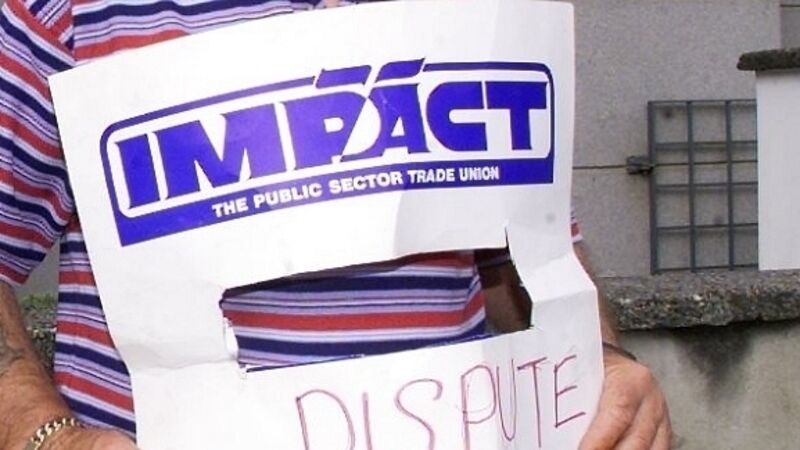Impact: Irish local democracy weakest in Europe

Impact trade union also said local elections on May 23 could be the most — or least — important in the history of Irish local authorities depending on whether or not Environment Minister Phil Hogan gives “real powers and resources” to the new municipal districts which are set to replace town councils under the Local Government Reform Act.
Speaking at a conference on the future of local government in Dublin, the union’s national secretary, Peter Nolan, said new local authority structures offered a golden opportunity to establish the kind of “vibrant” local democracy common in most EU countries.













